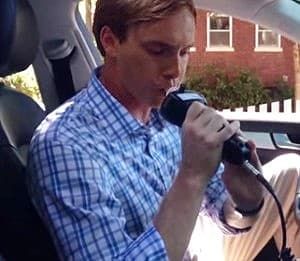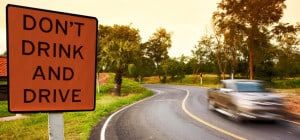The use of ignition interlocks is growing in the USA. The devices, which prevent a vehicle from starting if the driver has been drinking, are mandatory for certain DWI offenses in North Carolina. Most other states require them for at least some offenses.
 Right now a bill is being discussed which will make the devices mandatory for all drunk driving offenses, including first offenses. If statistics are anything to go by, the state can count on a reduction in alcohol-related fatalities.
Right now a bill is being discussed which will make the devices mandatory for all drunk driving offenses, including first offenses. If statistics are anything to go by, the state can count on a reduction in alcohol-related fatalities.
A recent study by the University of Michigan Injury Center and the U-M Transportation Research Institute suggests that even this law doesn’t go far enough. The study proposes that all new cars should have ignition interlocks installed in them. That way no driver could take to the roads if he or she had been drinking.
No doubt the savings in life, limb and property would be dramatic. More than 10,000 people die in alcohol-related crashes each year, and more than a million
are injured. And the savings in medical and legal expenses – well over $300 billion over 15 years – would pay for the extra costs of putting in the devices.
So, is this extreme move a no-brainer?
 Not so fast, says another faction. While under the current system the cost of the interlock is borne by the offender, if the devices became universal then every driver would have to pay, teetotalers included.
Not so fast, says another faction. While under the current system the cost of the interlock is borne by the offender, if the devices became universal then every driver would have to pay, teetotalers included.
Perhaps the best system, for now, is the one that North Carolina legislators have proposed: require all DWI offenders to install an ignition interlock for a set period. Once all 50 states have a solid, working all-offender ignition interlock law, the government and the people can decide if they want to take the next step.
For the moment, the car or truck you buy will not come equipped with an ignition interlock. You can keep it that way, by choosing not to drink and drive. But many will choose to take to the roads after too many drinks, and they will be a danger to themselves and others. We can be thankful that ignition interlocks and interlock laws exist to make us all safer.
